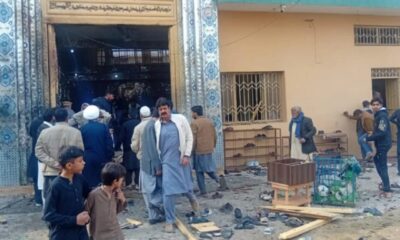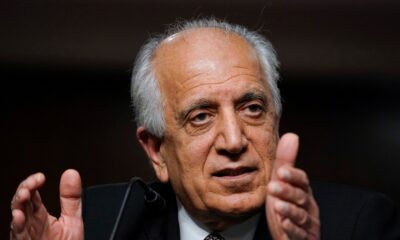Latest News
Commemorating 20 years since the destruction of the Bamiyan Buddhas
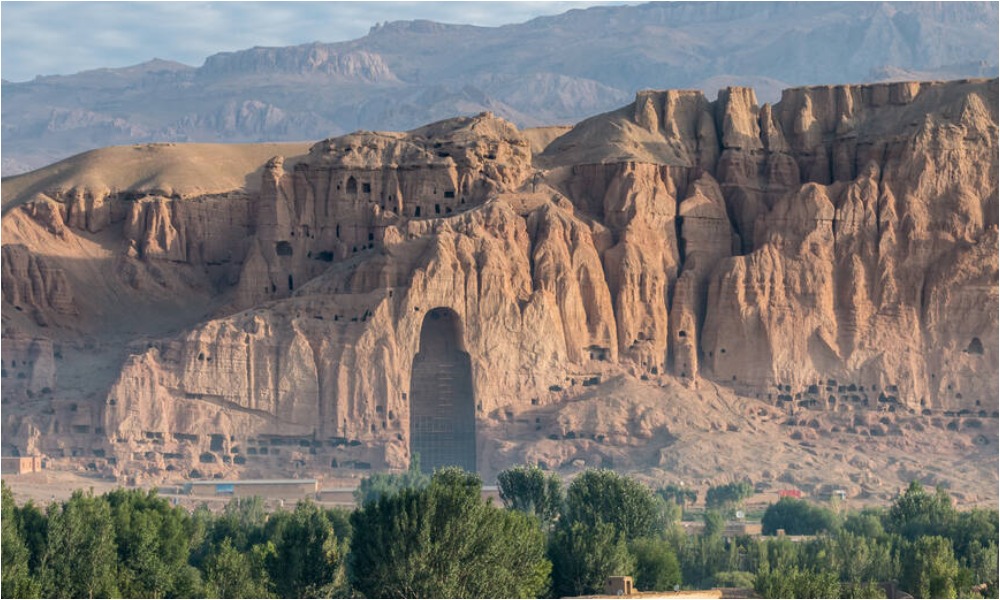
The empty niches of the two giant Buddhas in the Bamiyan Valley of Afghanistan are a constant reminder of what the country lost in March, 20 years ago – a tragic event that was broadcast across the globe.
The act, by the Taliban, led to a global recognition of the need to protect cultural heritage at risk and today, these niches are inscribed on the World Heritage List as part of the “Cultural Landscape and Archaeological Remains of the Bamiyan Valley” World Heritage property.
Ernesto Ottone, UNESCO’s Assistant Director-General for Culture, said on Thursday that although the destruction of heritage and the plundering of artefacts has taken place throughout the ages, the destruction of the Bamiyan Buddhas represented an important turning point for the international community.
A deliberate act by the then ruling Taliban of destruction, motivated by an extremist ideology that aimed to destroy culture, identity and history, the loss of the Buddhas revealed how the destruction of heritage could be used as a weapon against local populations, he said.
In a statement issued Thursday by UNESCO, Ottone said the destruction of the Buddhas highlighted the close links between heritage safeguarding and the well-being of people and communities.
“It reminded us that defending cultural diversity is not a luxury, but rather fundamental to building more peaceful societies,” the statement read.
Since the destruction of the Buddhas of Bamiyan, the Afghan authorities and the international community, including UNESCO, have worked tirelessly to safeguard the rich cultural and natural heritage of Afghanistan, which goes back thousands of years.
Over the past few years, more than $27 million has been invested in the conservation and stabilization of the Bamiyan World Heritage property, the empowerment of local communities, the revitalization of intangible cultural heritage, and the construction of a Cultural Centre for Bamiyan dedicated to creativity, among other activities, said Ottone.
International partners have helped stabilize the niches that were in danger of collapsing. Now, after more than 15 years, the consolidation of the eastern Buddha niche has been completed, while urgent work is progressing to safeguard the western niche, thanks to funding from Japan, he stated.
“As we mark 20 years since the destruction in Bamiyan, we at UNESCO reiterate our support to the Afghan people and reinforce our commitment to stand together with people everywhere to safeguard cultural heritage as an embodiment of our common humanity,” said Ottone.
Latest News
Afghanistan says Pakistan is shifting blame for its own security failures
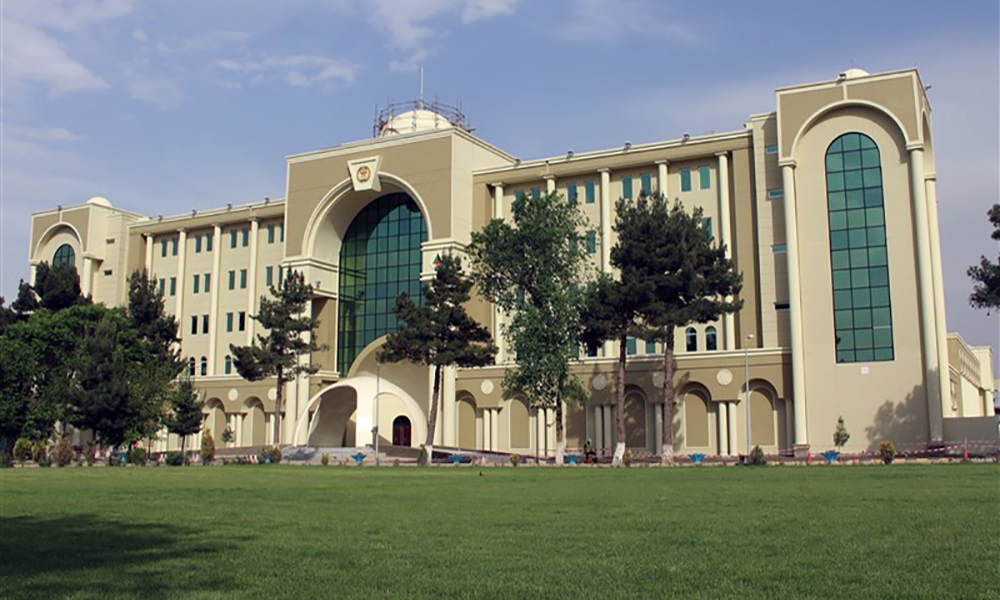
The Ministry of National Defense of the Islamic Emirate of Afghanistan has rejected recent accusations made by Pakistani officials following a deadly attack at a mosque in Islamabad, calling them “irresponsible” and “baseless.”
Pakistan’s Defense Minister Khawaja Mohammad Asif wrote on X that preliminary findings suggest the suicide bomber had been on the move to and from Afghanistan.
According to the Afghan Defense Ministry, Pakistan’s defense minister “immediately and irresponsibly” blamed Afghanistan for the attack without conducting proper investigations. Afghan authorities noted that this pattern has been repeated in the past, particularly regarding incidents in Balochistan and other security events inside Pakistan.
The ministry stated that linking such attacks to Afghanistan “has no logic or foundation,” adding that these statements cannot hide Pakistan’s internal security failures or help solve the underlying problems.
“If they were truly able to identify the perpetrators immediately after the incident, then why were they unable to prevent it beforehand?” the statement asked.
The Afghan government emphasized its commitment to Islamic values, stating it does not consider harm against innocent civilians permissible under any circumstances and does not support those involved in illegal acts.
The statement urged Pakistani security officials to take responsibility for their internal security shortcomings, review their policies, and adopt a more constructive and cooperative approach toward both their own citizens and neighboring countries.
Latest News
Islamic Emirate strongly condemns mosque bombing in Islamabad
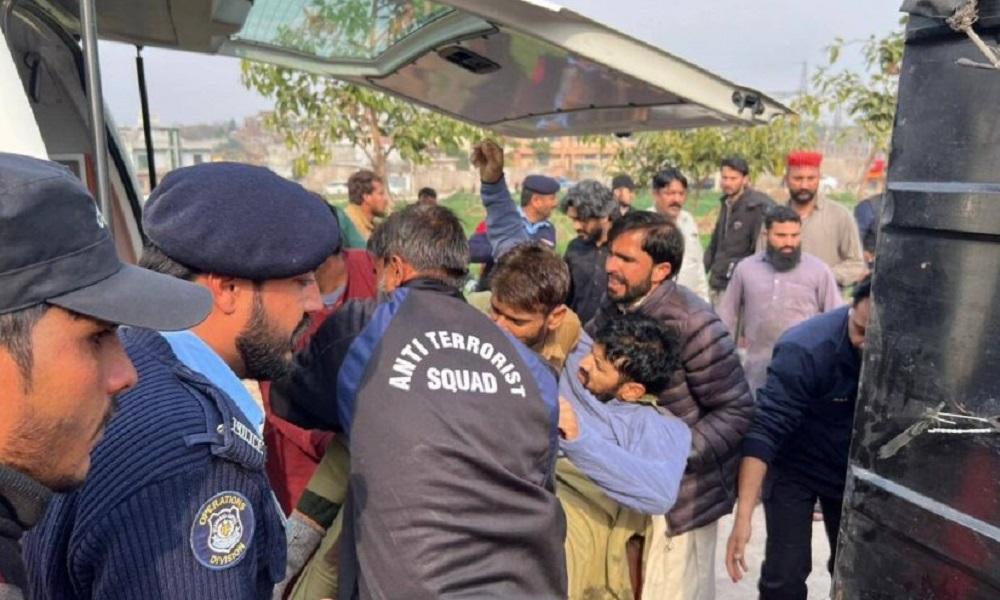
The Ministry of Foreign Affairs of the Islamic Emirate of Afghanistan has strongly condemned Friday’s suicide bombing at a Shi’ite mosque in Islamabad, the capital of Pakistan, which left 31 people dead and 179 others wounded.
Abdul Qahar Balkhi, spokesperson for the Ministry of Foreign Affairs, said in a statement that the Islamic Emirate considers such attacks—which violate the sanctity of religious rites and mosques and target worshippers and civilians—to be contrary to Islamic and human values.
The Islamic Emirate also expressed sympathy with the families of the victims and wished a speedy recovery to the wounded.
Latest News
Suicide bomber kills 31 in Shi’ite mosque in Pakistan’s capital
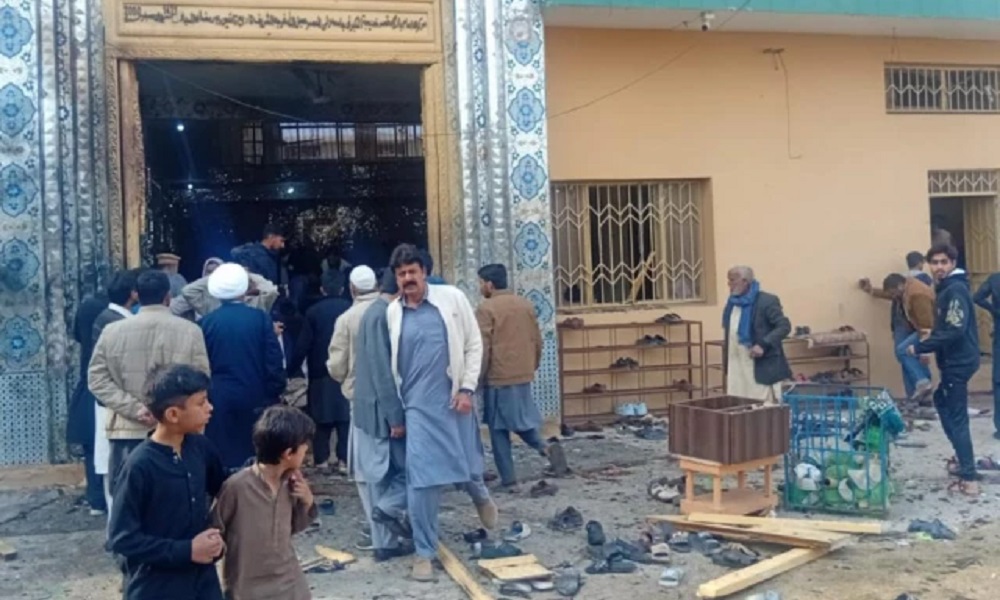
A suicide bomber killed at least 31 people and wounded nearly 170 others during Friday prayers at a Shi’ite Muslim mosque in Pakistan’s capital, Islamabad, Reuters reported, citing police and government officials.
Images from the site showed bloodied bodies lying on the carpeted mosque floor surrounded by shards of glass, debris and panicked worshippers.
Dozens more wounded were lying in the gardens of the Khadija Tul Kubra Imambargah, in a semi-urban area on the outskirts of Islamabad, as people called for help.
Bombings are rare in the heavily guarded capital, although Pakistan has been hit by a rising wave of militancy in the past few years.
“The death toll in the blast has risen. A total of 31 people have lost their lives. The number of wounded brought to hospitals has risen to 169,” Deputy Commissioner Islamabad Irfan Memon said in a statement.
Two police officials said the attacker was stopped at the gate of the mosque before detonating the bomb. They asked not to be identified as they were not authorized to speak to the media.
-

 Sport5 days ago
Sport5 days agoAFC Futsal Asian Cup 2026: Final eight confirmed
-

 Sport4 days ago
Sport4 days agoJapan trumps Afghanistan 6-0 in AFC Futsal Asian Cup quarter-final
-

 Sport5 days ago
Sport5 days agoAfghanistan in new kit for T20 World Cup warm-up against Scotland
-

 Sport3 days ago
Sport3 days agoHosts and heavyweights advance as AFC Futsal Asian Cup reaches semifinals
-

 International Sports5 days ago
International Sports5 days agoPakistan to boycott T20 World Cup group match against India
-

 Sport5 days ago
Sport5 days agoAfghanistan crush Scotland in ICC T20 World Cup warm-up
-

 Latest News2 days ago
Latest News2 days agoTerrorist threat in Afghanistan must be taken seriously, China tells UNSC
-

 Latest News3 days ago
Latest News3 days agoUzbekistan, Pakistan advance Trans-Afghan railway project








